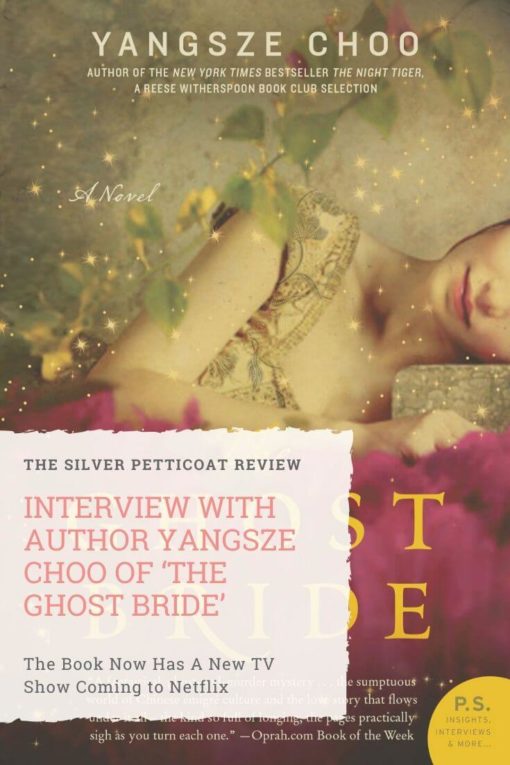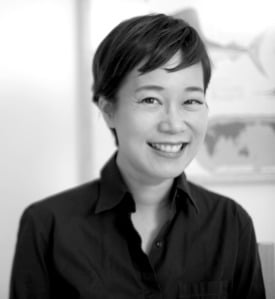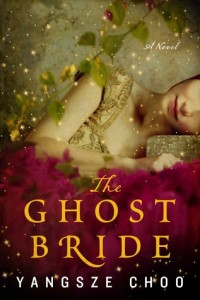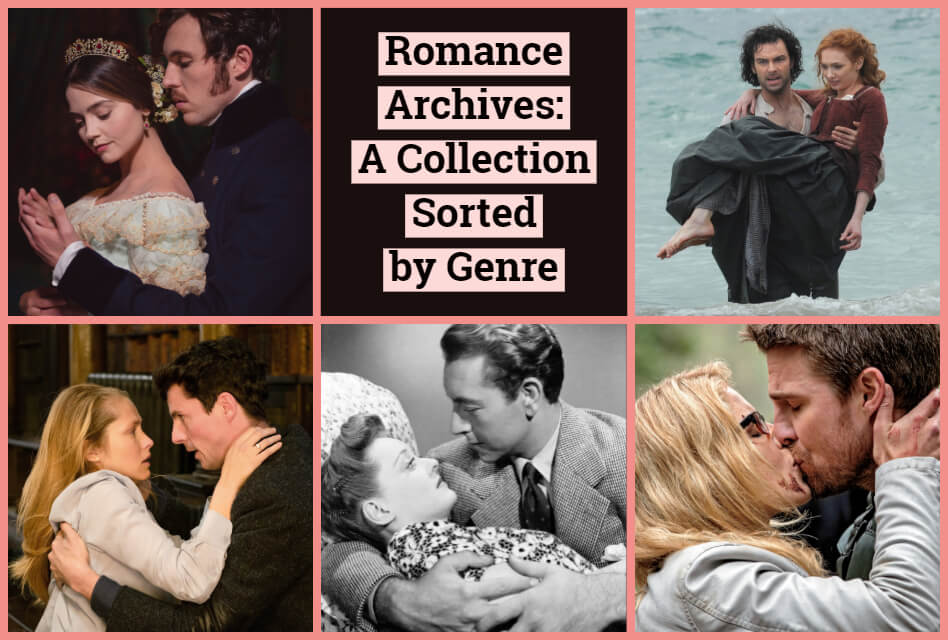Yangsze Choo interview: Her debut novel, The Ghost Bride is already making waves in the book world.
Today, I am super excited to welcome debut author Yangsze Choo to tell us about her book The Ghost Bride! Already, the book is getting great buzz as a selected Oprah.com Book of the Week, Indie Next List Pick, Barnes & Noble Fall 2013 Discover Great New Writers selection, Indigo Spotlight Pick, Glamour Magazine Beach Read, and Good Housekeeping Magazine August Book Pick.
Congratulations on your success as a debut author, and receiving good critical acclaim on top of that! Can you tell us a little bit about yourself and your writing background?
Yangsze Choo: I’ve been writing fiction as a hobby for as long as I can remember, but never thought that I would ever be published. It was mostly to entertain friends and family. I also didn’t think I could write a novel as they seemed like very long projects, but somehow this story didn’t seem to want to end. Or at least, it felt like it needed more room, and so it turned into a novel!
People tell me that writing the first book is in some ways the most enjoyable one because there are no expectations and you’re just writing for the pleasure of it. I have to say that was true of my experience, though I hope that I’ll be able to write more books in the future.
For those who don’t know anything about your book, how would you briefly describe it?
Li Lan, a young Chinese woman in 1890s colonial Malaya, receives a proposal to marry the son of the richest family in town. The only problem is, he’s dead…
The Ghost Bride is a historical fantasy – part 19th century novel and part magical adventure into the elaborate, shadowy world of the Chinese afterlife, where the mansions, horses, and servants are all made out of burned paper offerings. Li Lan moves from a sheltered, restricted life into a realm where the dead speak to her and she can choose her fate. But is she willing to pay the price?
The Ghost Bride is rich in Chinese folklore and myths about the Afterlife, were there any particular tales that influenced the novel?
When I was a child, I read a lot of Chinese stories that were set in this strange fantasy world, where the lines between spirits and humans were blurred, animals could speak, and swordsmen could fly from one mountaintop to another.
One of the most famous anthologies is Pu Song Ling’s “Tales from a Chinese Studio”, which was series of short stories set in this world. I also enjoyed reading Chinese comic books about the Monkey King, and other adventures. Years later, when I was writing this book, I remembered the delight I experienced when reading such tales and wanted to imbue the novel with some of this wonder.
The novel takes place in 1890s colonial Malaya and I find that one of your talents is really immersing the characters in this time period and place believably. What drew you to that time and setting? Did you learn any interesting facts in the midst of your research?
Interestingly enough, there isn’t much written about Malaya in the 1890s – at least that I managed to find. There’s more fiction and memoir which dates from around WWII, but the older period is not as well explored.
I’ve always enjoyed reading Victorian novels (such as the classic ghost stories of M.R. James and J. Sheridan Le Fanu), and at the same time, wondered what life was like for their British-ruled contemporaries in other parts of the world. I also felt it was a time and place that I could write about with some authenticity since I’m from Malaysia.
One part of the story that I personally loved was that your characters were so full of life and 3-dimensionally developed, particularly Li Lan who became a character I could easily root for. I was with her every step of the way. Er Lang was also fascinating to me. How did you go about developing your characters?
I tend to write by the seat of my pants (which is not always a good thing), so the characters seem to appear by themselves. I’d be writing, and then it would occur to me that “oh, this is what happened when he said…”!
When things are going well, it’s a very fun way to write. But when it’s not, I sometimes get stumped for long periods of time. I actually put aside this book for about a year in the middle, because I couldn’t figure out how to resolve all the plot threads. I had to wait until inspiration struck again!
In your notes at the end of the book, you mention that the Plains of the Dead were your invention. Where did that idea stem from? I have to admit that before I reached the end, I thought this was a legitimate myth about the Chinese Afterlife.
I think there is some sense that there must be a place in the Chinese afterworld where the dead can receive paper offerings that are burned for them, but so far I haven’t found anything particularly concrete. It doesn’t really fit into the folk belief of the Ten Courts of Hell, nor into Buddhist notions of reincarnation, so I made some parameters up for it, and called it the Plains of the Dead.
When I read a book, I can’t help but always imagine how it would work as a film. Would the idea of adapting The Ghost Bride for film be something you would ever consider if you were approached? The Ghost Bride is such a visual book that I personally would love to see it on the big screen…and honestly, I don’t believe there is anything out there right now like this.
Thank you – that’s very kind of you! Yes, I would love to see The Ghost Bride adapted for film (by someone like Wong Kar Wai…). Although in some ways, it might be even more thrilling if it were turned into an animated movie by Studio Ghibli!
Are there any writers that have influenced your work?
There are many wonderful writers that I love, including Haruki Murakami, Jhumpa Lahiri, and Isak Dinesen. They are very different from each other, but I appreciate how they swiftly immerse the reader into worlds of their own making.
Now that The Ghost Bride has been released, do you have any other writing projects you are working on?
I’m working on another novel right now, but it’s still fairly nascent. I just hope I don’t get stumped again!
We also like to do something a little fun here at The Silver Petticoat Review where we ask our interviewees a series of fun pop culture questions (our “Petticoat Personality Test” if you will) to close the interview. Here are Yangsze’s answers to some of the questions! First up: What is your favorite book, movie and/or TV Show?
Favourite movie – hmm, I’d have to say Wong Kar Wai’s “In the Mood for Love”. It’s a really emotional, nostalgic movie which is strange because it’s set in a time (1960s Hong Kong) which I wasn’t around for, but somehow it lingers in your mind for a long time. And Maggie Cheung wears some fabulous cheongsams in it! I also have a soft spot for “Star Trek” (the 2009 movie).
Is there any kind of music or any songs that inspire you?
When I was writing this book, I listened to a lot of erhu (Chinese violin) music, because one of the characters plays the instrument in the book, and it instantly puts you into a historic frame of mind.
If you could be or live as any character (book/movie/TV Show), who would you choose?
I loved the little girls in Hayao Miyazaki’s movie “My Neighbor Totoro”, and I would personally be thrilled to meet Totoro.
What are you reading and/or watching right now?
I just finished the first two books in Orson Scott Card’s “Pathfinder” series. There was lots about time travel in it, which was a bit mind-boggling, but I think it will be an interesting series.
Any guilty pleasures?
Chocolate! I think I hear some milk chocolate with hazelnuts calling my name…
If you could be any animal, what would you be and why?
Some kind of bird – I’ve always wanted to fly!
Book Blurb
“Though ruled by British overlords, the Chinese of colonial Malaya still cling to ancient customs. And in the sleepy port town of Malacca, ghosts and superstitions abound.
Li Lan, the daughter of a genteel but bankrupt family, has few prospects. But fate intervenes when she receives an unusual proposal from the wealthy and powerful Lim family. They want her to become a ghost bride for the family’s only son, who recently died under mysterious circumstances. Rarely practiced, a traditional ghost marriage is used to placate a restless spirit. Such a union would guarantee Li Lan a home for the rest of her days, but at a terrible price.
After an ominous visit to the opulent Lim mansion, Li Lan finds herself haunted not only by her ghostly would-be suitor, but also by her desire for the Lim’s handsome new heir, Tian Bai. Night after night, she is drawn into the shadowy parallel world of the Chinese afterlife, with its ghost cities, paper funeral offerings, vengeful spirits and monstrous bureaucracy–including the mysterious Er Lang, a charming but unpredictable guardian spirit. Li Lan must uncover the Lim family’s darkest secrets–and the truth about her own family–before she is trapped in this ghostly world forever.”
You can find Yangsze’s debut novel The Ghost Bride at Amazon and Barnes and Noble
Don’t miss our book review on The Ghost Bride
ARE YOU A ROMANCE FAN? FOLLOW THE SILVER PETTICOAT REVIEW:
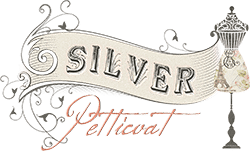 Our romance-themed entertainment site is on a mission to help you find the best period dramas, romance movies, TV shows, and books. Other topics include Jane Austen, Classic Hollywood, TV Couples, Fairy Tales, Romantic Living, Romanticism, and more. We’re damsels not in distress fighting for the all-new optimistic Romantic Revolution. Join us and subscribe. For more information, see our About, Old-Fashioned Romance 101, Modern Romanticism 101, and Romantic Living 101.
Our romance-themed entertainment site is on a mission to help you find the best period dramas, romance movies, TV shows, and books. Other topics include Jane Austen, Classic Hollywood, TV Couples, Fairy Tales, Romantic Living, Romanticism, and more. We’re damsels not in distress fighting for the all-new optimistic Romantic Revolution. Join us and subscribe. For more information, see our About, Old-Fashioned Romance 101, Modern Romanticism 101, and Romantic Living 101.
Pin this article to read later! And make sure to follow us on Pinterest.
